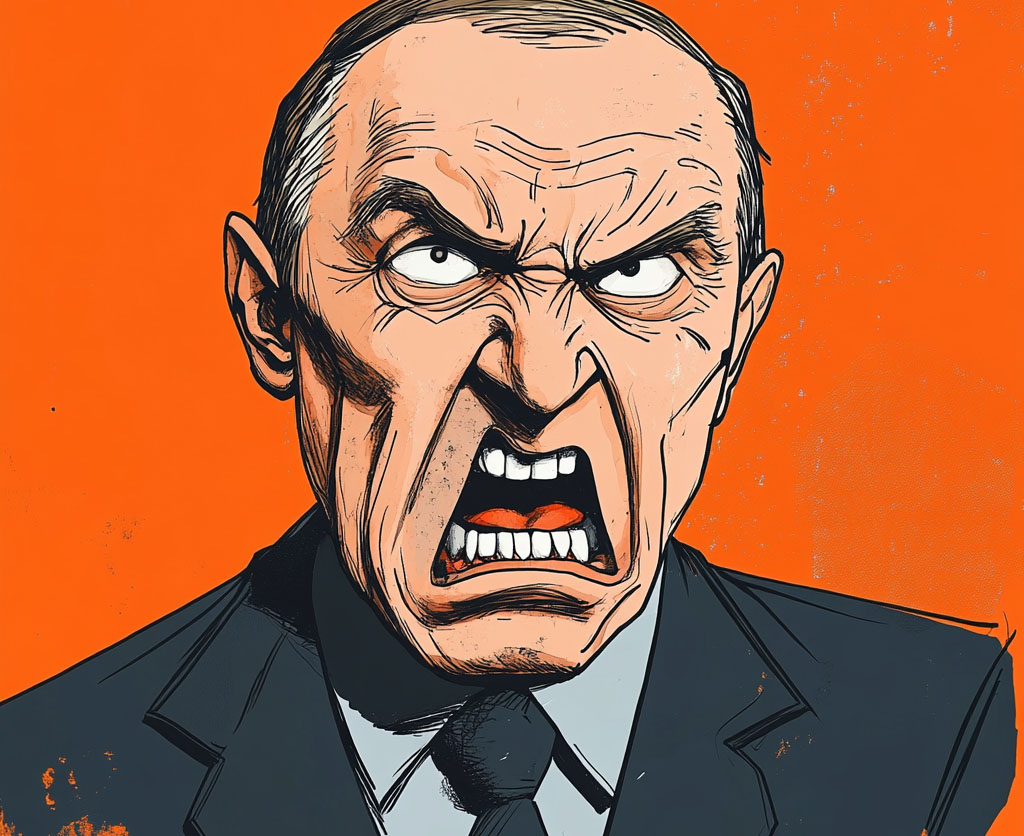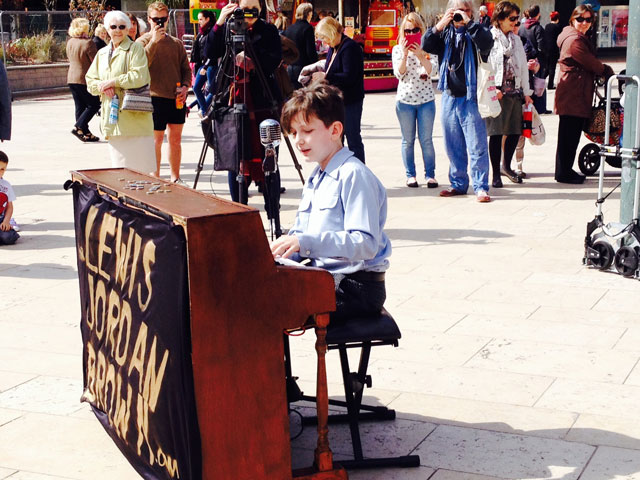Following the controversial re-election of Vladimir Putin as Russian president, in a country that has traditionally not tolerated its leaders being openly mocked, opponents of the regime have been using humour to get their message across.
Protestors have been making fun of the Russian leader, something of a taboo in the country, with slogans and placards.
Many of the placards are being displayed in an exhibition at a Moscow gallery. The exhibition showcases the wittiest signs and slogans from the recent protests.
One slogan reads “No Putin, No Cry”, a reference to the leader’s recent tearfulness at his election victory speech. Another read: “12 years of tears” referring to Putin’s possible two terms as president.
Other personal jokes about Putin include references to his alleged Botox use. One slogan says: “[Vladimir], save your face!” while another reworks Marx’s famous phrase about the opiate of the people: “How much is the Botox of the people?”
The Russian word for Botox has even become a hashtag used when referring to Putin on Twitter.
Putin’s political rhetoric has also been satirised. Putin often remarks that he works as hard as a galley slave. One placard retorted: “Putin, get out of the galley. It’s already on the rocks.”
A contributor to the exhibition, Mikhail Alexeyevsky, told AFP: “People photographed us all the time. A lot of people came up and said it was witty and laughed. In a word, the reaction was only positive.
“Educated, successful, creative people come to these rallies, people who don’t like being just part of a faceless crowd.”
Artist, Artem Loskutov, writing on the event’s website said: “The atmosphere of the Moscow meetings in December and February is not reminiscent of the concentrated seriousness of mass action in the 90s.
“Under the new rules, the fight must be waged by fun.”
Staging such an exhibition is clearly risky. The Kremlin has previously acted to sensor political satire.
In today’s Russia only the mildest of satire is permitted in the media. On new year’s eve 2011 state owned Channel One broadcast a cartoon of Putin and Medvedev singing a song about the year’s politics.
The supposedly satirical sketch shows Putin and Medvedev singing about improving living conditions and infrastructure in Russia and boasting about hosting the 2018 World Cup, without even a hint of irony.
Due to censorship much of Russia’s political humour has historically taken the form of jokes passed on from person to person.
Social media has helped to bring this tradition into the 21st century.
Responding to a request made by blogger Alexei Navalny in October last year, the band Rabfak produced the song ‘Our nuthouse (votes for Putin)’.
The song alleges that Putin is involved in corruption and makes fun of Russians who support him.
The song’s author, Alexander Yelin, has said that following the song’s release and its popularity on social media the band has been in high demand.
It seems that while the state controlled media is free from political satire, ordinary Russians are not going to let this take away their sense of humour.
The cover image was created with Midjourney.








